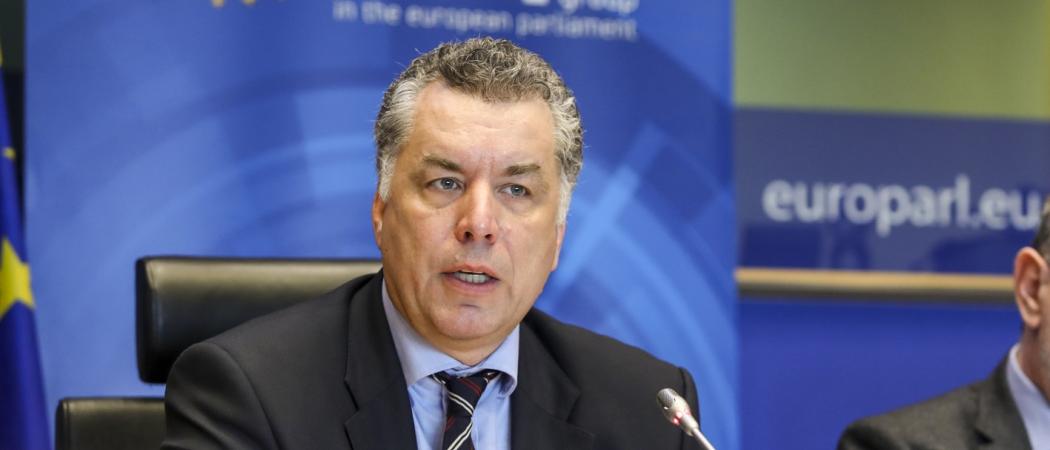Leading MEP argues that disputes with UK, Swiss and other potential Horizon Europe associates show how political science policy really is – and that Parliament must be involved in future negotiations

Photo: European Parliament
Let’s not beat around the bush: science policy is political.
The academic community has expressed its dismay about the lingering issues impeding the association of the UK and Switzerland to the Horizon Europe Programme. Concerns about the resultant undermining of long-standing partnerships and uncertainty for consortia under Horizon Europe are highlighting the real-world consequences of political decisions.
However, don’t be naive. The academic stakeholders suppose that scientific collaboration should not be political and that therefore Horizon association should not be part of political negotiations. Even though science should not be political, science policy very much is.
In a recent very eloquent op-ed, Prof. Jan Palmowksi of the Guild of European Research-Intensive Universities argued rightly that our response to COVID-19 was only possible due to underlying science cooperation. This is indeed a strong argument for science cooperation. However, exactly the same case also highlights why science policy is political. The access to the benefits of science cooperation - exceptional vaccines - was extremely political. Parties, like the UK, that had happily collaborated on science policy and benefitted immensely from the scale only European Framework Programmes can provide, turned around and opposed a similar spirit of cooperation when it came to providing access to the fruits of that science cooperation.
Science cooperation as such is a global affair and we should facilitate it. However, we must not be naive. There is a good reason that Horizon association has strong political support in Switzerland and the UK, while other parts of a genuine partnership with the EU face a lot of opposition. Yes, the EU benefits from having a very close scientific relationship with these countries; but they also engage not out of the goodness of their hearts but out of well understood benefits. Horizon association is therefore without a doubt a very political question. The responsibility for lack of progress on UK association cannot be put only on the European side, as it was a conscious political step of the UK government to put a bomb under the genuine partnership needed for science cooperation.
The real issue is that the politics of international scientific cooperation through Horizon association are not clear. Neither the Council nor the Commission openly explain the political considerations of the ongoing struggles with UK association. The new category of association introduced in Horizon Europe is more political than association was in the past. Old association covered only countries in the closest circle of partners of the Union: European Economic Area, candidate EU members and EU neighbourhood policy countries, with Switzerland and Faroe Islands as exceptions. The new category is open to all countries of the world, as long as they fulfil certain criteria. Relations with the countries in this new category are less deep and, as we have seen with the UK, sometimes less stable. Furthermore, the budgetary impact on Horizon Europe of this category of association is much bigger than association ever was in the past.
Because of the highly political nature of this new category of association, the Parliament called on the Council and Commission to allow more Parliamentary scrutiny of the processes concerning these associations. This would bring more transparency and clear consideration of the political aspects of the association relation.
The UK case shows that science policy cooperation is political and so is Horizon association. It should be political because it shapes the world we live in. However, this political natural also demands transparency and clarity, particularly for researchers who are working together with partners outside the Union to improve our world.
Christian Ehler is a German member of the European Parliament for the EPP Group, and rapporteur on Horizon Europe legislation.





 A unique international forum for public research organisations and companies to connect their external engagement with strategic interests around their R&D system.
A unique international forum for public research organisations and companies to connect their external engagement with strategic interests around their R&D system.